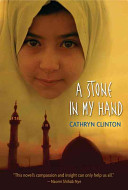
Living in a Palestinian community in Gaza City during 1988-89–the year of the Infitada–an 11-year-old boy must come to terms with the violence and terrorism that surrounds his life as it affects her family and her surrounding.

Living in a Palestinian community in Gaza City during 1988-89–the year of the Infitada–an 11-year-old boy must come to terms with the violence and terrorism that surrounds his life as it affects her family and her surrounding.
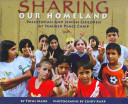
Photo-essay focusing on two Israeli children, one Jewish and one Palestinian, who, in spite of their differences and the longstanding conflicts in the region, learn to play, work, and share ideas together at Summer Peace Camp, a day camp located in Israel.
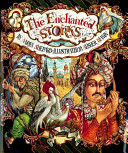
The Calif of Baghdad is turned into a stork by an evil sorcerer, the only one who knows the magic word that will restore the Calif to his human form.
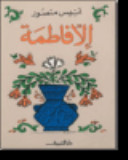
All the camels are worried when a baby camel is born among them without a hump. The adult camels try unsuccessfully to fix this problem. Surprising events lead to a happy ending to this gentle story where children expand perceptions of the differently gifted among all of us.
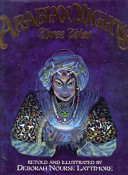
A retelling of three tales from the “Arabian Nights” including “Aladdin,” “The Queen of the Serpents,” and “The Lost city of Ubar.”
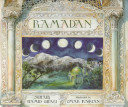
Describes the celebration of the month of Ramadan by an Islamic family and discusses the meaning and importance of this holiday in the Islamic religion.
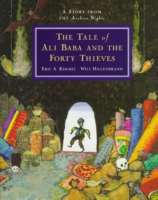
A poor woodcutter discovers the hidden treasures of a band of robbers, survives great danger, and brings riches to his whole family.
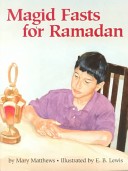
It is the first day of Ramadan, the month when Muslims don’t eat and drink anything all day from sunrise to sunset. Magid’s parents have told him that he is not old enough to fast during the Ramadan, but Magid does not want to wait. Set in present-day Cairo, Egypt.
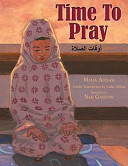
When young Yasmin goes for a visit, her grandmother teaches her a Muslim’s daily prayers, makes special prayer clothes, and gives a gift that will help Yasmin remember when to pray. Includes facts about prayer customs.

Retells folktales and fables from Iran, including the story of a mouse and a cockroach who fell in love, a foolish weaver’s apprentice, and a boy with the head of a chickpea.